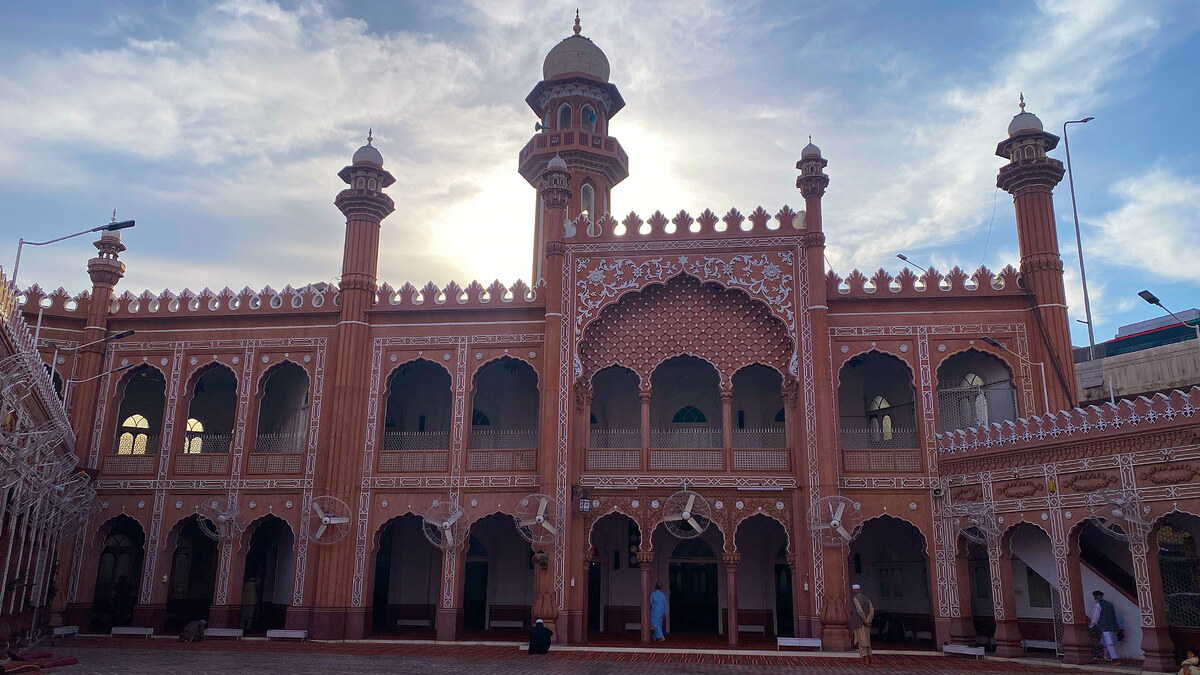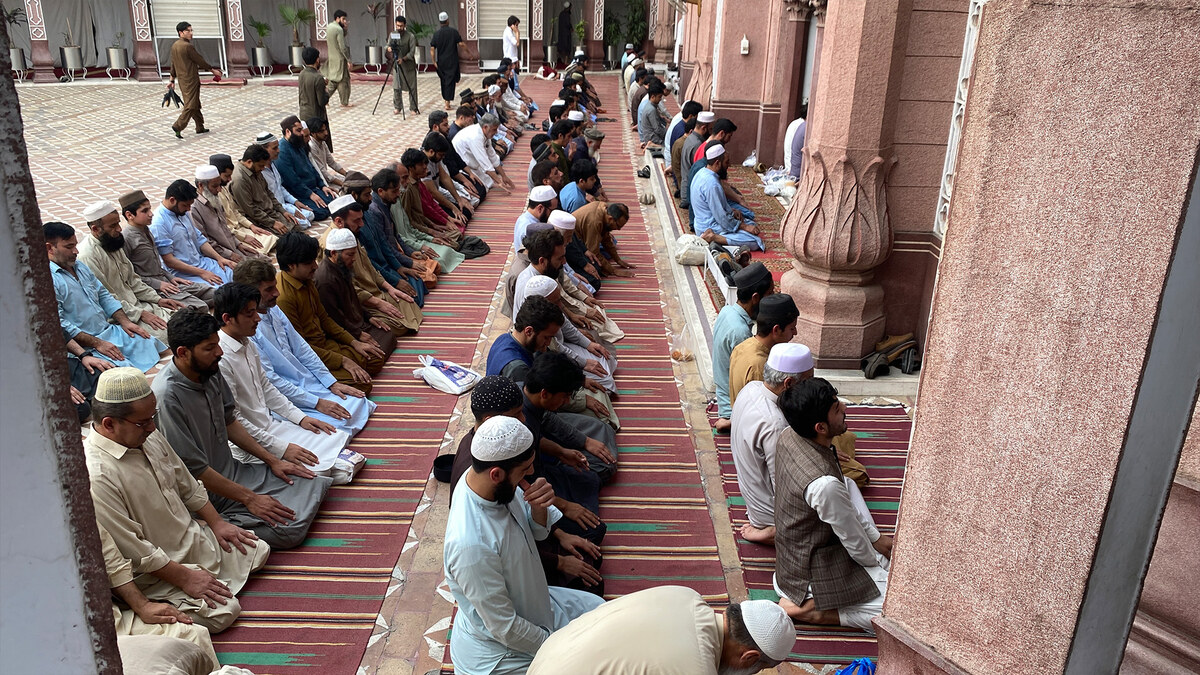ISLAMABAD: Saudi authorities have launched a health awareness campaign in several languages, including Urdu, for pilgrims arriving in the Kingdom for the annual Hajj pilgrimage, Pakistani state media reported on Friday.
Hajj is one of the five pillars of Islam and requires every adult Muslim to undertake the journey to the holy Islamic sites in Makkah at least once in their lifetime if they are financially and physically able.
This year, around 179,210 Pakistani pilgrims are expected to perform the pilgrimage, of which around 70,000 people will undertake the journey under the government scheme, while the rest will use private tour operators.
The health awareness campaign for Hajj pilgrims is being carried out at key locations in the Kingdom through dozens of screens, the state-run Radio Pakistan broadcaster reported.
“The campaign is being carried out through 97 smart display screens at various locations including Prince Mohammad bin Abdulaziz International Airport, the Haramain High Speed Railway Station, shuttle buses, pilgrim reception centers, malls and the health cluster’s facilities,” the report read.
“Messages cover issues such as the dangers of direct sun exposure, heat exhaustion, dehydration, food poisoning, first aid, personal hygiene and other health topics.”
More than 42,000 Pakistani pilgrims have arrived in Saudi Arabia and around 390 assistants, including Pakistani civil and uniformed officers, are currently working for their travel and accommodation as well as for providing quality food to the pilgrims, according to the Pakistani religion ministry.
Over 150 officers of the religious affairs ministry are facilitating pilgrims at the Main Control Office, Madinah and Jeddah Airports, Lost and Found Department, Madinah Departure Cell, Monitoring Cell, and Accounts and Administration Departments.
This year’s pilgrimage is expected to run from June 14 till June 19.
Saudi Arabia launches health awareness campaign for Hajj pilgrims in Urdu, other languages
https://arab.news/bru4x
Saudi Arabia launches health awareness campaign for Hajj pilgrims in Urdu, other languages

- This year, around 179,210 Pakistani pilgrims are expected to perform the annual pilgrimage
- Pakistan has appointed nearly 550 assistants, staff to ensure well-being of these pilgrims


























